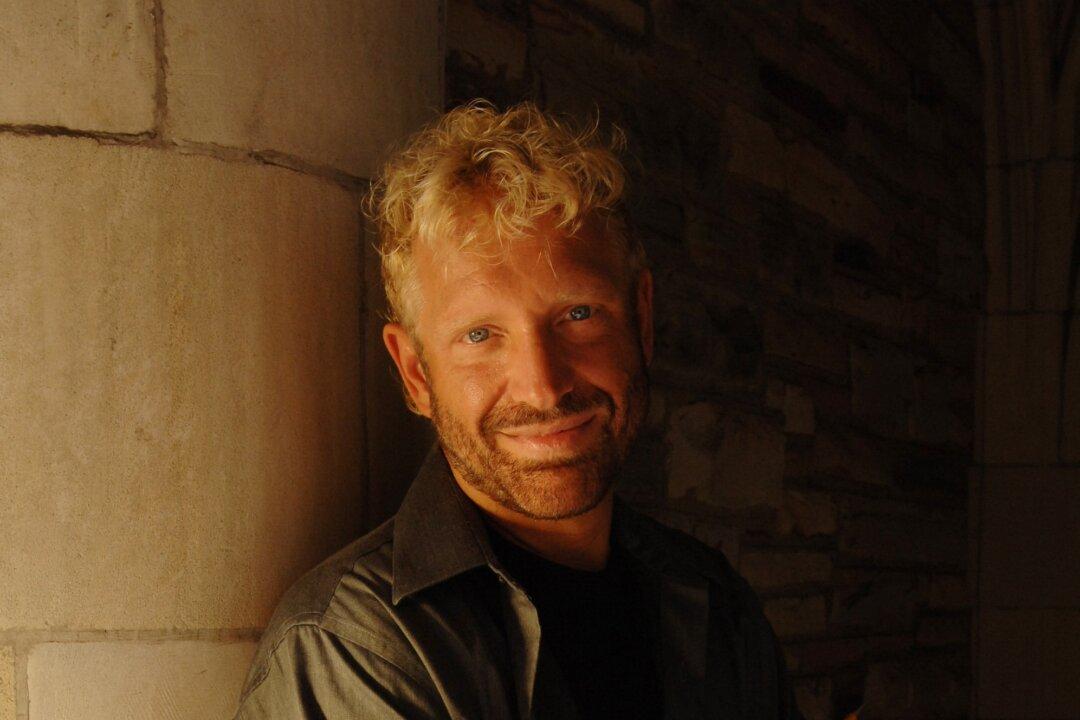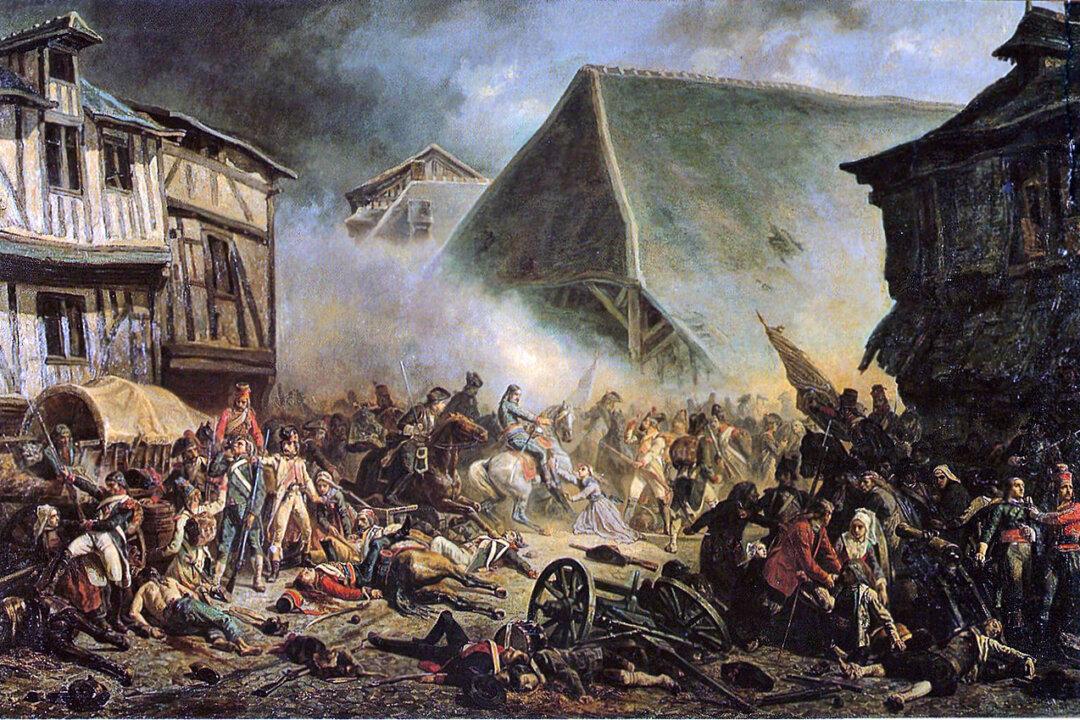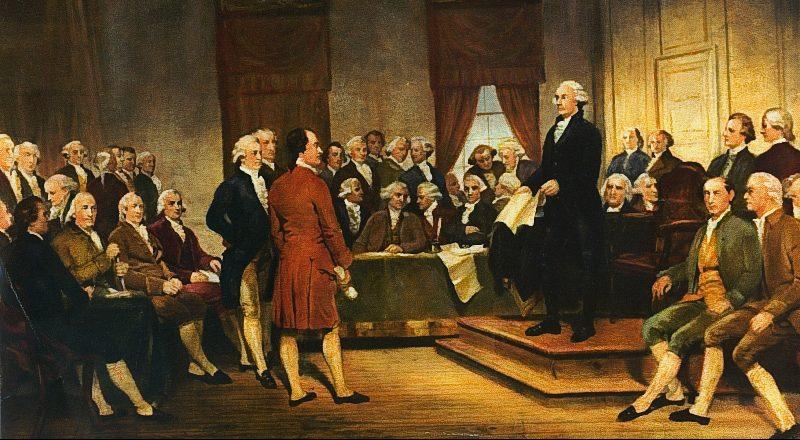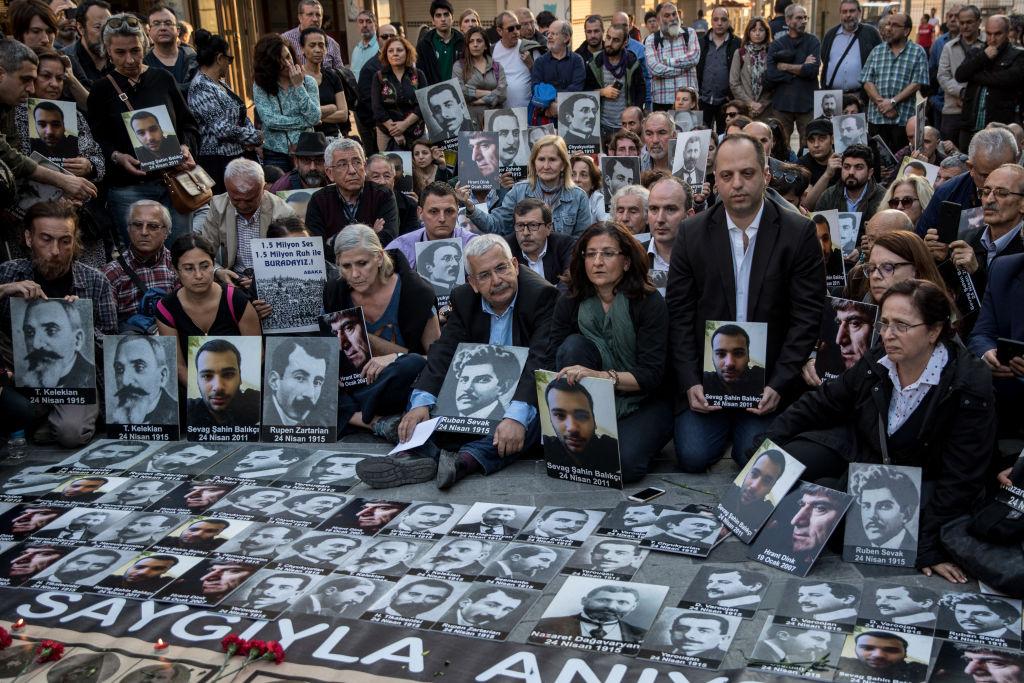One of the signs of the sickness besetting modern culture is the apparent loss of the grand tradition of great Western music composition. Where today can we find composers of the caliber of Bach, Mozart, Beethoven, Schubert, Brahms, or Wagner? Where today can we find operatic composers comparable to Verdi or Puccini?
Much of the responsibility for this break with tradition is an academic culture that has systematically and ideologically abandoned our great compositional heritage in favor of atonal modernism and is most often opposed to harmonious beauty. Few like or appreciate post-tonal music except the academics themselves. And yet all is not lost. There are still contemporary composers who embrace the grand tradition, one of whom is the American composer Michael Kurek.




